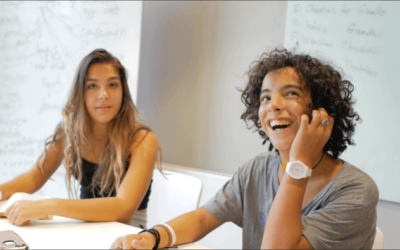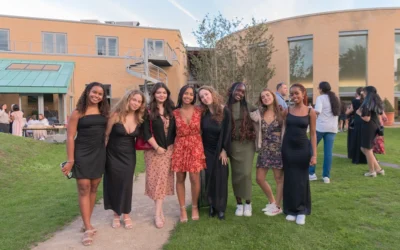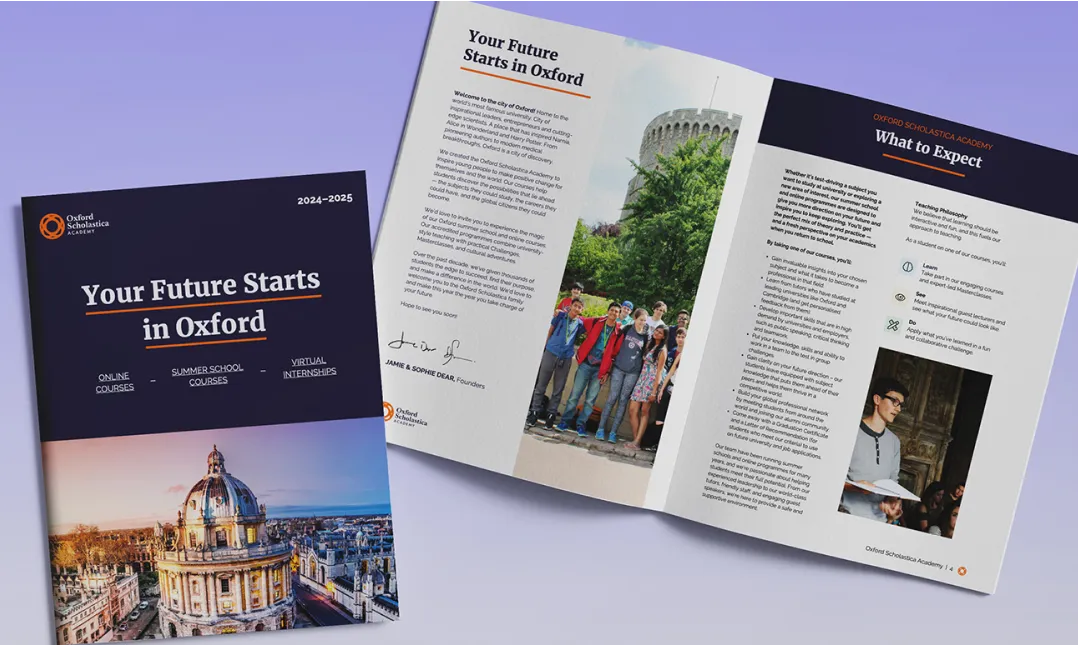A Day in the Life of a Cambridge Modern Languages Student
Modern Languages at Cambridge
Are you considering applying for an undergraduate degree in Modern and Medieval Languages (MML) at the University of Cambridge? If so, read on to find out what you can expect from a typical day of undergraduate MML life at Cambridge.

Tom Higgins Toon
Tom is currently a Master’s student at Oxford University, reading French and Spanish literature.
He did his Undergraduate degree at Cambridge, where he studied Modern and Medieval Languages at Selwyn College. Tom completed a year abroad in Paris, where he studied Art History before getting a job as a Communications intern at a French finance company.
The Cambridge MML Degree Daily Routine of a Student
The Cambridge MML course is a bit different to most other universities’ language degrees. It requires you to study at least two languages from the very beginning! Each day varies, of course, but a fairly normal day in the life of a Languages student looks something like this.
Morning Routine
08:30 Wake up call: I wake up and get ready in my room on Selwyn’s main site. There are three separate areas of student accommodation here, but they’re all close enough to create a community feel. In Cambridge, most students live in their college for all three years of their degree.
09:00 Lecture: I sprint out of my room in the direction of my first lecture of the day, in the Sidgwick Site (‘Sidge’). Sidge is a big stone structure with 1960s architecture and this is where humanities students have most of their lectures. This includes subjects like Law, Philosophy, English, Languages and Divinity.
This morning, it’s a Spanish lecture about a film called Even the Rain, made in 2010. The film is violent and quite shocking, but also very political. Sometimes people think of Cambridge as old-fashioned, but this lecture reminds me of why my degree is important in the modern day. And one of the main reasons I enjoy studying languages is because they will always be relevant. The course keeps you in touch with cultures and customs from all around the world!
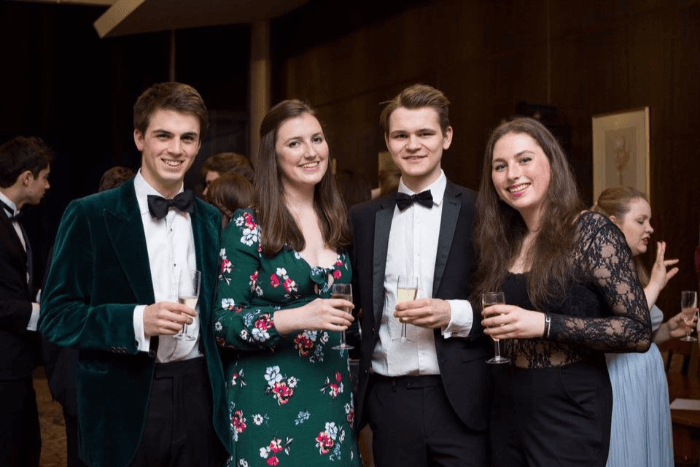
10:00 Library stop: I often visit the Cambridge University Library to pick up books, whether they be course–related material or just great English literature books. The library is an invaluable source of reading material as a MML student. This library is six storeys high and receives a copy of every single book published in the UK. This means it can take half an hour to find a single book! That said, students rarely need to use the University Library because each college has their own, smaller one.
I’m studying a specific Linguistics module this year, looking at how the Spanish language came out of Latin, and so I need a very obscure book. After finally finding the Linguistics section, I see a dreaded gap in the bookshelf. This means another languages student in my class must have got there before me!
Overall, I’m glad to be able to choose a new module. The structure of the course for MML students allows you to follow your own interests from second year onwards. In first year, all students do the same modules, regardless of their chosen languages.
In your second year as a languages student, you get more choice. There are some compulsory speaking and translation classes, but you also get to pick three modules of your own. This year, I have chosen to study Nineteenth Century French Literature, Latin American Culture & History (my favourite so far) and Spanish Linguistics. Having so much choice can be both a blessing and a curse, especially as it’s hard to really know what a module will be like until you’ve tried it for a few weeks.
Afternoon Routine
12:00 Lunchtime: I return to Selwyn to eat lunch with some friends in the dining hall. You simply scan your University card and choose as much hot and cold food as you like. You pay for all your food at the end of term, which can be a nasty surprise if you forget! Selwyn is a Victorian College, set up in 1884. We are located a bit further away from the centre of town, which means we are a tight-knit community. And I don’t need to message friends to come to lunch, because I will always find somebody I know there.
13:00 Private study: I return to my room to read over an essay I wrote about Émile Zola, a famous French novelist, for my supervision this afternoon. ‘Supervision’ (or ‘supo’) is Cambridge-speak for an academic discussion with a lecturer, professor or Fellow, who will read your essay and ask some tricky questions. Like Oxford University, the Cambridge undergraduate experience is made unique by this 1-1 or small group tutorial-style of teaching. Supos can be scary, especially if you feel underprepared. The Cambridge MML course, though varied, attaches great importance to literature, which can sometimes be frustrating: novels are often great to read, but I would like to learn more about actual history while also studying languages.
15:00 Supervision: During my supervision, I get feedback on my work. The professor likes my essay and says it’s well balanced. But, he adds, ‘never let answering the question get in the way of writing an interesting essay.’ This, I think, is the biggest difference between university and school. When writing an essay, I have to choose a specific ‘angle’ from which to approach the question and pursue this line of argument through the essay. Initially, 2,000 words might seem like a lot. But it’s amazing how you discover that you’ve got more to say than you have space for, once you get started.
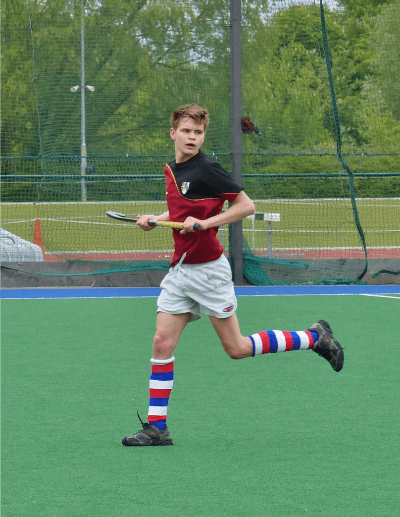
17:00 Translation: Now it’s back to Sidge for a group translation class. Every two weeks, we are given a short extract of French to translate into English. It’s much harder than it looks! You have to decide whether to use the same words and metaphors, or whether to find new ones that make more sense to English readers. Should you translate the names of towns and cities? And how do you match the style of the original writer? As a languages student, these are the kinds of questions you will face regularly.
Evening Routine
18:45 Free time: It’s been a long day, and I am glad to let my hair down with friends at Formal Hall in Emmanuel College. Formal Hall is a three-course dinner, and an occasion to dress up in a suit and gown. Each college has a formal at least once a week. To get there, I cycle through the city centre dressed like a character out of Harry Potter!
21:00 Bedtime: I cycle back home to Selwyn to get an early night. Tomorrow, I have to wake up at 5:45am for a rowing ‘outing’. Rowers like to get onto the water before it gets light, so everyone can get back for early lectures. Despite this, it remains one of the most popular sports in Cambridge, and every College has at least one ‘crew’. So it’s time to set the alarm!
Interested in more student experiences at Cambridge? Find out what a day in the life of a medical student at Cambridge University is like.
Next Steps for Studying Languages at Cambridge
- Interested in becoming a languages student? You can find out more about the Cambridge MML course.
- Want to experience what it’s like to study at a prestigious school? Learn more about our Oxford Summer School.
- Ready to be immersed with native and fluent English speakers? Build your confidence and improve your writing skills at Oxford Scholastica’s Creative Writing Summer School.

